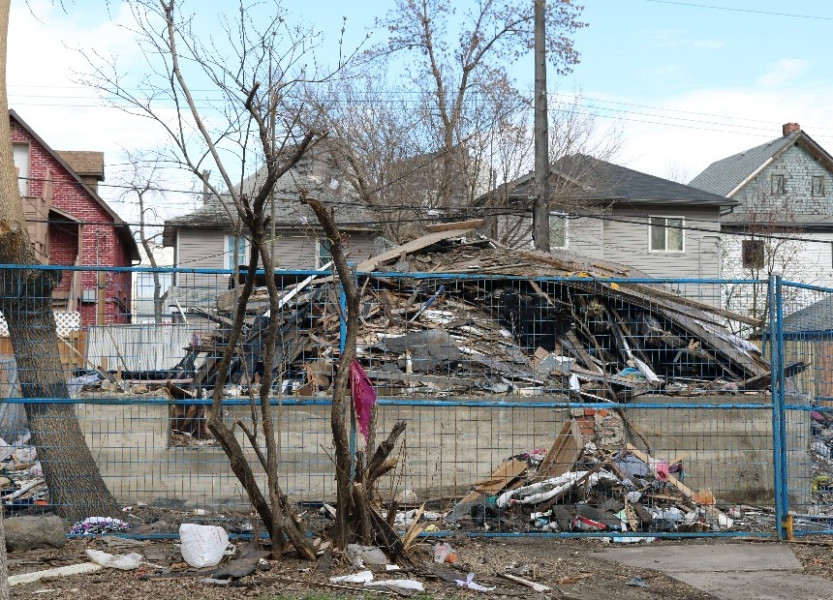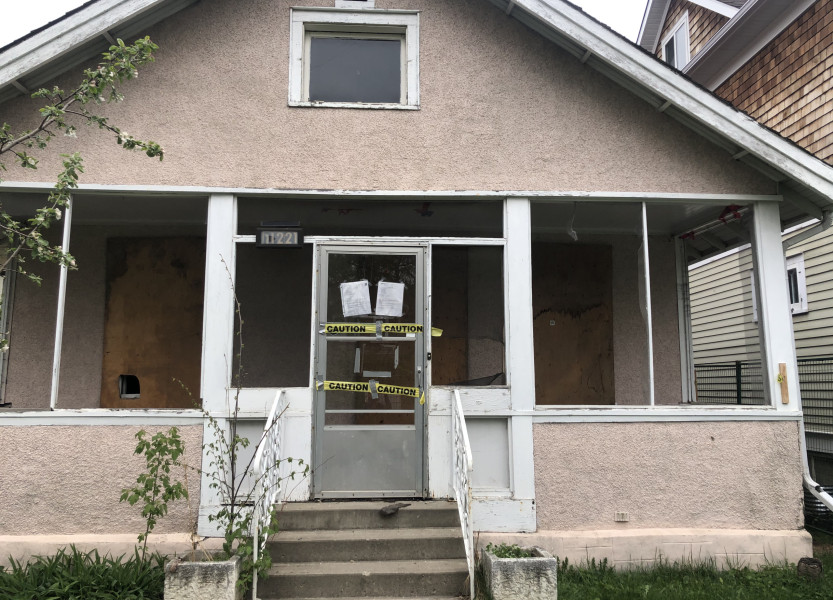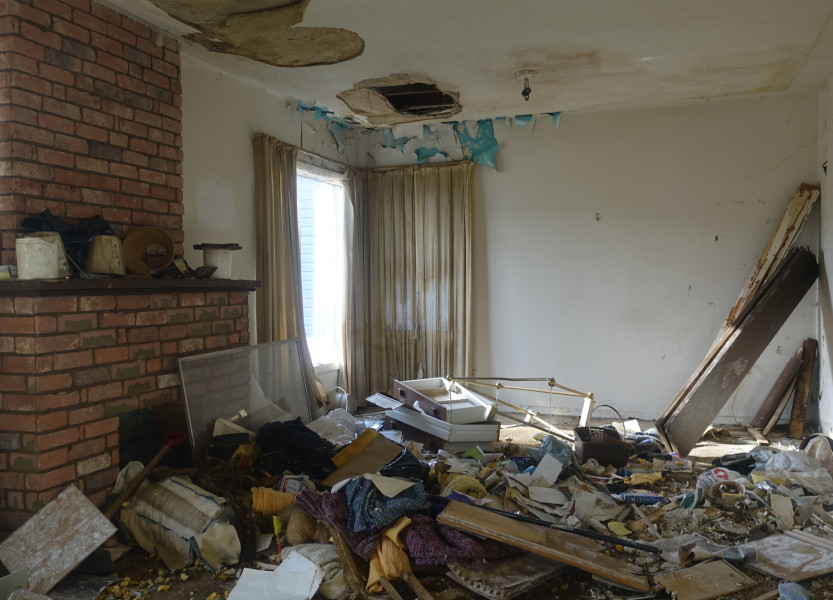If you want to see community spirit in action, you’re sure to find it in core neighbourhoods such as McCauley and Alberta Avenue where residents share a deep sense of connection and belonging.
Yet, amidst the lively streets and friendly faces, there exists a shadow – problem properties that dim the neighbourhood’s vibrancy.
The presence of problem properties affects homeowners and neighbourhoods in so many ways, including drug manufacturing, drug trafficking, and individuals openly using drugs on sidewalks. Gang violence punctuates the streets, yards fall victim to vandalism, and everyday life is disrupted by the looming threat of danger.
As a small, non-profit community development company, the Edmonton Community Development Company (ECDC) are called to undertake work in core neighbourhoods that no one else is doing. This is why they’ve taken up the challenge of addressing problem properties.
In response to residents’ concerns and with the goal of nurturing their capacity to drive economic and social progress, ECDC launched Project 10 (P10). This initiative involves purchasing ten derelict properties, demolishing them, and building new homes for families.
One of their initial steps was to conduct an inventory of problem properties in the urban core. In 2018, the city identified 486 such properties, highlighting the pressing need for immediate action.
Additionally, ECDC collaborated with various city departments, including the Community Standards Division, Alberta Health Services, the Edmonton Police Service, and the Fire Department, to conduct a Social Return on Investment (SROI) research and determine the financial and human costs associated with problem properties.
ECDC collected data for 31 problem properties from records maintained by the City of Edmonton and the Police. They then assessed the financial burden on services required to address these properties, drawing on costs provided by the Residential Inspection Safety Compliance (RISC) team or conducting independent research using publicly available data. The research revealed that the financial impact of problem properties exceeds $6 million.
It was obvious, this project was vital for revitalizing neighbourhoods and ensuring the safety and well-being of residents.
In 2020, the organization acquired their first problem property in McCauley. This property was a former drug house plagued by recurrent criminal activity.
The road hasn’t been easy. ECDC has encountered many unexpected challenges, resulting in not only delays but also significant financial expenses.
When going into one of the properties they discovered drugs, needles, biological waste and highly volatile chemicals inside the house. ECDC had to hire a team that was knowledgeable in handling these materials and understood the risks to their safety. All of this came at a cost, making the demolition process a challenge.
They also encountered zoning setbacks as zoning regulations aimed at increasing density have been applied to smaller lots than usual, posing challenges in accommodating necessary structures. Rezoning is costly, time-consuming, and there’s no guarantee of approval, potentially leaving the organization at a standstill.
Acquiring properties also had its challenges, properties rarely come on sale in the open market. There are hundreds of potential inventories that are not listed, so it’s not a straightforward process and required extensive effort to identify suitable properties for purchase.
Lastly, construction faced delays and increased costs due to the COVID-19 pandemic. Materials became more expensive, and ongoing delays impacted ECDC’s financial resources, further complicating the project.
Despite numerous unforeseen obstacles, the ECDC team’s resilience, coupled with their substantial development knowledge and experience, valuable partnerships, collaborative problem-solving approach, thorough research, and ongoing community engagement, managed to successfully acquire all ten derelict properties.
To date, ECDC has acquired and demolished four problem properties in McCauley, four in Alberta Avenue, one in Parkdale, and one in Eastwood.
Significant progress has been made, with six sites fully developed. These include five front-to-back duplexes and a fourplex located in Eastwood.
However, the sales of these properties fell short of the organization’s expectations. Michael Quiambao, Project Manager at P10, explains, "When our initial property became available for sale, it coincided with a slowdown in the housing market. Moreover, the onset of the COVID-19 pandemic further complicated matters, creating uncertainty and reluctance among potential buyers."
The majority of their home sales activity occurred early this year. Three units have been sold, three are pending, and two front-to-back duplexes are scheduled to be on the market next month. Although four lands remain undeveloped, two have been sold to developers.
Quiambao adds, “As we reflect on this pilot project, we recognize that removing these derelict properties has positively impacted the communities where we operate. Every house matters, and by improving the quality of housing options, we contribute to these neighbourhoods’ overall well-being and vitality.”


